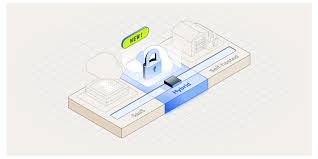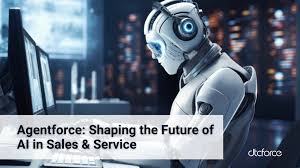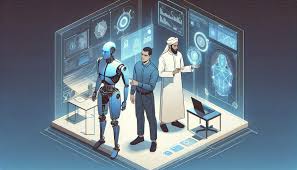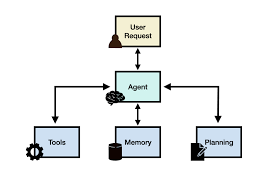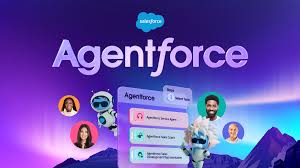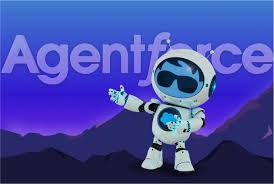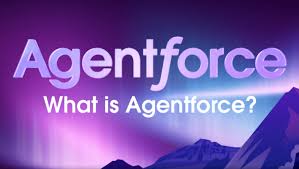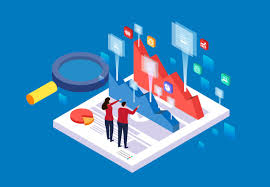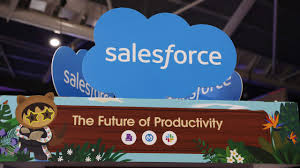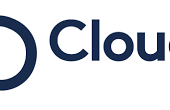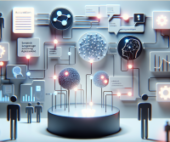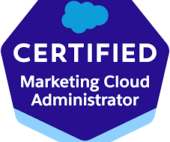Build Launch and Track Campaigns
Revolutionizing Campaigns: How Marketing Agents Empower Your Marketing Team Marketing agents are transforming how businesses create, launch, and track campaigns—delivering better results while boosting internal team productivity and cohesion. With the power of AI and data, these agents act as collaborative partners, enhancing marketing efficiency and creativity in unprecedented ways. A Smarter Approach to Campaign Challenges Marketers have long faced the challenge of creating quality content at scale. According to the Content Marketing Institute, 54% of B2B marketers struggle to meet this demand, while B2C marketers often lack the resources to make their efforts scalable and consistent. On top of this, they must ensure campaigns are efficient, customer-centric, and stand out in a competitive landscape. Enter marketing agents—AI-powered tools that help teams manage and optimize campaigns, from strategy to execution. At Dreamforce 2024, Salesforce unveiled Agentforce, a suite of intelligent agents integrated across the Customer 360 platform, including Agentforce Campaigns. With 71% of marketers planning to adopt generative and predictive AI within the next 18 months, as per Salesforce’s State of Marketing report, tools like Agentforce are poised to redefine how campaigns are built and delivered. How Humans and AI Agents Work Together Marketing agents are AI-powered virtual assistants that collaborate with humans to analyze data, generate insights, and execute marketing plans. Unlike traditional tools, they understand the context behind your needs and suggest actionable solutions—whether that’s creating content, optimizing campaigns, or analyzing results. By automating time-consuming tasks, marketing agents free teams to focus on high-value activities like strategy and personalization. But the key to maximizing their potential lies in shifting your mindset: instead of simply seeking efficiency, aim to transform how you deliver exceptional customer experiences. 8 Ways Agentforce Campaigns Elevates Your Marketing 1. Intelligent Recommendations Agentforce Campaigns turns insights into actions. For example, Marketing Cloud’s Einstein not only tracks your goals but also suggests adjustments or new campaigns tailored to your objectives, helping you stay ahead. 2. Instant Campaign Briefs Building a campaign starts with a solid brief. With Agentforce, you can create one in seconds using natural language prompts. The AI-generated brief incorporates your goals and guidelines, making collaboration and approvals seamless. 3. Contextual Content Creation Agentforce generates emails, landing pages, and calls to action directly aligned with your brand’s tone and campaign goals. Marketers can refine outputs with natural language prompts, ensuring a perfect fit for their strategy. 4. Effortless Audience Segmentation No SQL skills? No problem. Describe your ideal audience in natural language, and Agentforce will translate that into actionable segments—helping you target precisely the right customers. 5. Automated Journey Activation Agentforce simplifies multi-channel journey creation by drafting personalized campaign flows. You can refine, approve, and activate these journeys with ease, saving time while enhancing impact. 6. Unlimited Content Variations AI eliminates content constraints, allowing you to generate multiple variations for personalized campaigns. Target high-value customers, newcomers, or loyal fans with tailored messages—all at scale. 7. Explore Nuanced Segments Agentforce enables marketers to create segments without relying on overburdened data science teams. Dive into deeper audience insights, such as churn rates based on location, age, or past behavior, with just a prompt. 8. Embed Continuous Testing Testing is often deprioritized due to time limitations. Agentforce automates testing workflows, making it easier to incorporate A/B testing and iterative learning into every campaign. Getting Started with Agentforce Campaigns Agentforce Campaigns is available in Marketing Cloud Growth and Advanced Editions, designed to empower businesses of all sizes. By integrating AI-driven tools into your workflow, you can elevate your marketing to new heights—enhancing creativity, efficiency, and customer engagement. Ready to revolutionize your campaigns? Explore how Agentforce can help you win customers and foster a more productive, cohesive marketing team. Salesforce Disclaimer: Unreleased features mentioned here are subject to change and may not become available as described. Make purchasing decisions based on currently available features. Like1 Related Posts Salesforce OEM AppExchange Expanding its reach beyond CRM, Salesforce.com has launched a new service called AppExchange OEM Edition, aimed at non-CRM service providers. Read more The Salesforce Story In Marc Benioff’s own words How did salesforce.com grow from a start up in a rented apartment into the world’s Read more Salesforce Jigsaw Salesforce.com, a prominent figure in cloud computing, has finalized a deal to acquire Jigsaw, a wiki-style business contact database, for Read more Health Cloud Brings Healthcare Transformation Following swiftly after last week’s successful launch of Financial Services Cloud, Salesforce has announced the second installment in its series Read more


